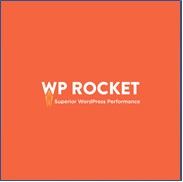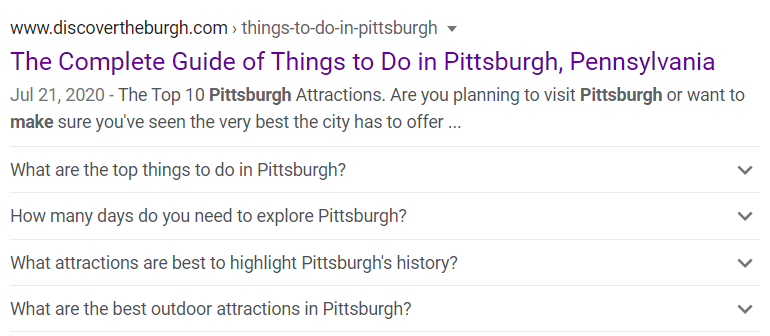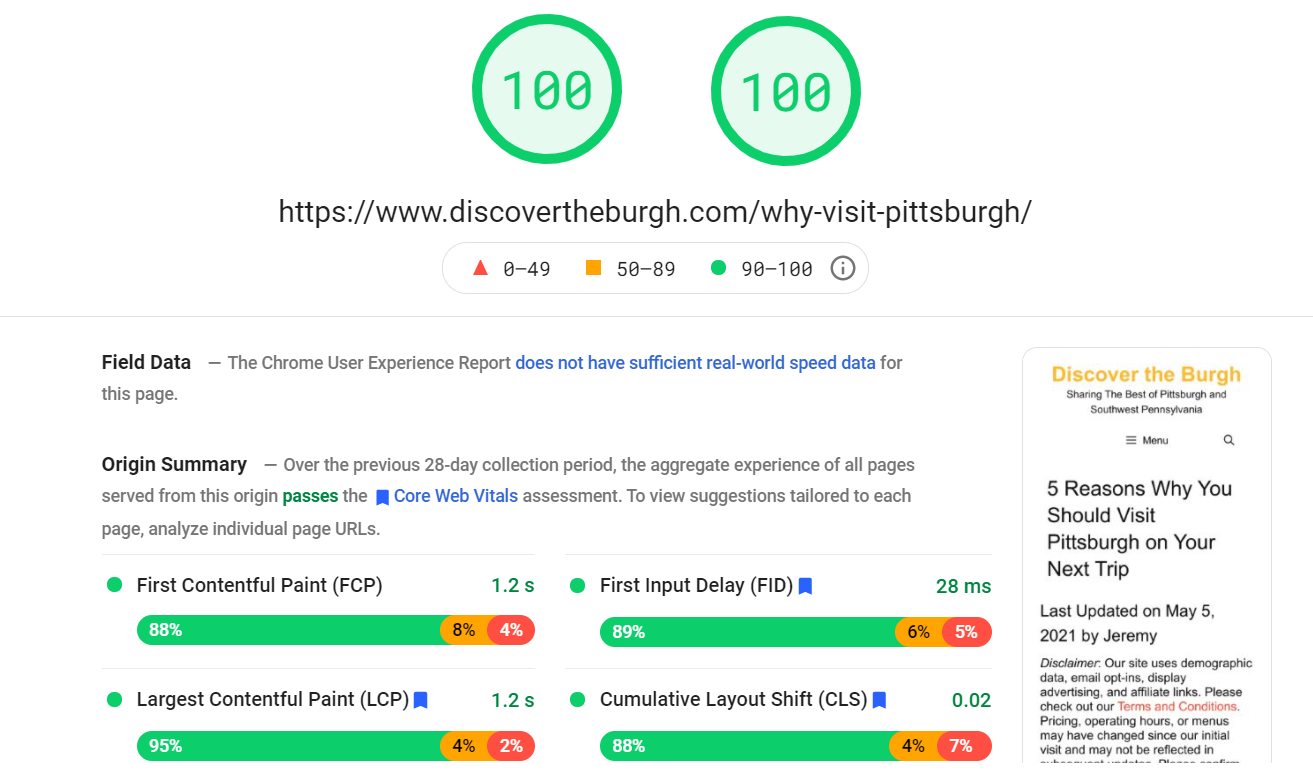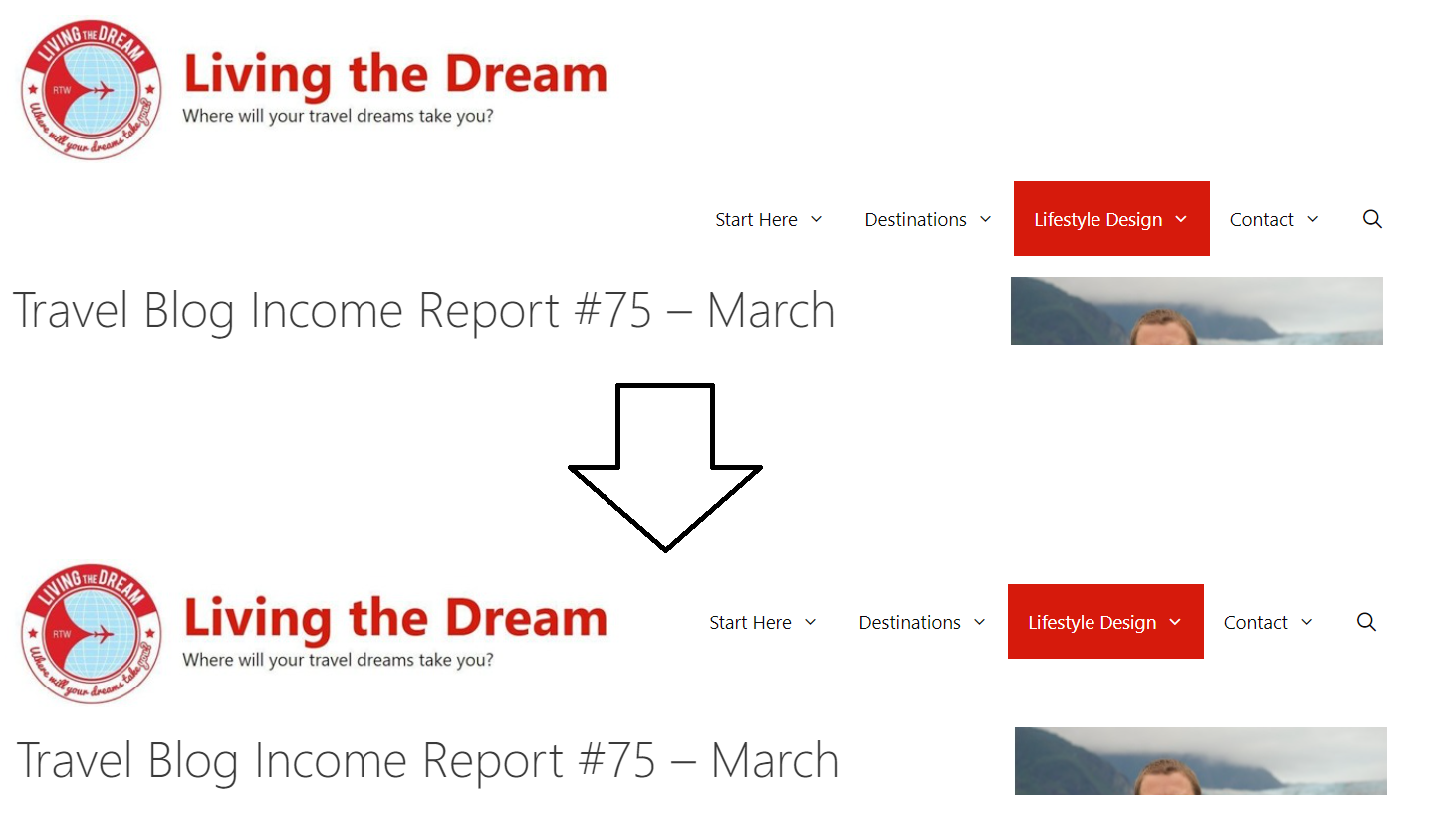Published by Chris. Last Updated on August 30, 2021.
Disclaimer: This Week in Blogging uses demographic data, email opt-ins, and affiliate links to operate this site. Please review our Terms and Conditions and Privacy Policy.
In the blogging world, Google is kind of the elephant in the room. You simply can't avoid their impact unless you've been living under a rock for a couple of decades.
In many ways, it's as if we're able to craft whatever chess pieces we want, but we're ultimately playing on their board.
And that's what we want to talk about. How exactly has that board changed over the years, and how can knowing that information help us in our blogging journey?
Google – From Search Engine to Search Monopoly?

Do you remember the first time that you sat down and typed something into Google? There was almost a magic to the notion that you had the world at your fingertips.
Of course, It was Google who quickly realized that it was them who had the world at their fingertips.
Way Back When
Sometimes we forget that it wasn't all that long ago that ads in search results were almost comically colour coded. You went to the front page, you scrolled down past the colour, and your top search result was waiting for you just below.
Check out Search Engine Land's timeline of Google ad labelling if you're looking for a blast from the past. Is it strange that we have a bit of nostalgia for those days? (and particularly for yellow?)
It's incredible to go down the rabbit hole a bit, and recall what the internet of the past was like, and particularly how void of commercialism it was – or at least how clearly labelled the ads were. In many ways it was an internet focused on content for content's sake.
It's fascinating to also consider the history of blogging, and how blogs before this era were appearing in search, ads or not.
If you've got a minute to spare, check out the Internet Archive Wayback Machine. You can look at the giants like Google, and other big sites, but you can also check out how your own site has changed. They've taken nearly 550 billion snapshots of the web over time, and it's well worth playing around with for a moment.
That's one of our favourite finds since we started our newsletter.
Blogging On Google's Terms
As their history of algorithm updates also suggests, Google is brilliant at making incremental changes that suit their needs.
Over time, the top results were pushed further down the page, and largely to prioritize Google's own properties, which I'm sure we've all noticed coming to prominence.
A recent article from The Markup hits the nail on the head when mentioning that they “examined more than 15,000 recent popular queries and found that Google devoted 41 percent of the first page of search results on mobile devices to its own properties and what it calls ‘direct answers,' which are populated with information copied from other sources, sometimes without their knowledge or consent.”
Of course, Google hasn't just prioritized their own content, they've also prioritized ads. According to the Washington Post, “relative to 2000, today you have to scroll six times as far down the page to get to the first real, unpaid link to an outside website.”
We also loved the author's assertion that modern day Google “can act like a bad personal shopper who organized your wardrobe by whatever T-shirts earn the highest commission.”
Cue the chuckle and the knowing nod, because they nailed it with that description.
So, What Can Bloggers Do About It?
Let's be real, nearly 90% of search happens on Google, and roughly 4 billion Google searches are made every day, so we can't play the “ignore Google” card.
However, we still firmly believe that knowledge is power. Sure, some of this is disheartening, but putting our fingers in our ears and ignoring the changes, doesn't mean they aren't happening. For example, when we know that featured snippets are on the rise, we can simply take steps to optimize for featured snippets. One step at a time, one day at a time.
Furthermore, it's not a coincidence that as Google continues to make headlines for getting their way, more and more people are simply saying they're done with all that, and switching to the likes of Duck Duck Go and others.
It's also another sign that we need to diversify across platforms. Ensure that you don't have all your eggs in one basket by focusing on establishing a presence on a social platform that speaks to you, or maybe by starting a Facebook group around your expertise, or starting a newsletter (something you own).
As corporations continue to look a lot more like monopolies, we need to band together, share information and strategies, and be on the lookout for gaps in the armour. But, of course, we also need to play by Google's rules where we can in order to prioritize organic search.
On a personal level, this list of Google search hacks might also enable you to cut through a bit of the noise, and find what you're looking for even faster.
If any of this sparks any ideas or thoughts on your end, remember that you can always comment below, or start a discussion in the This Week in Blogging Facebook group. We're always happy to lend an ear.
Join This Week in Blogging Today
Join This Week in Blogging to receive our newsletter with blogging news, expert tips and advice, product reviews, giveaways, and more. New editions each Tuesday!
Can't wait til Tuesday? Check out our Latest Edition here!
Upgrade Your Blog to Improve Performance
Check out more of our favorite blogging products and services we use to run our sites at the previous link!
How to Build a Better Blog
Looking for advice on how to improve your blog? We've got a number of articles around site optimization, SEO, and more that you may find valuable. Check out some of the following!










